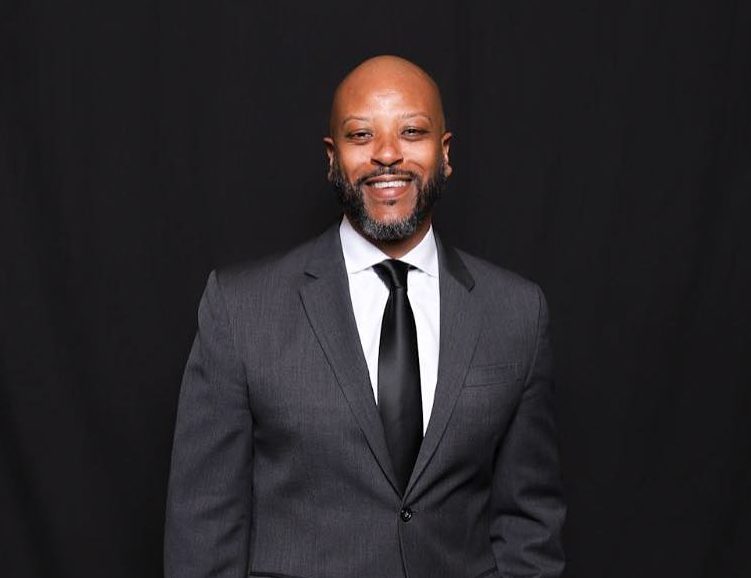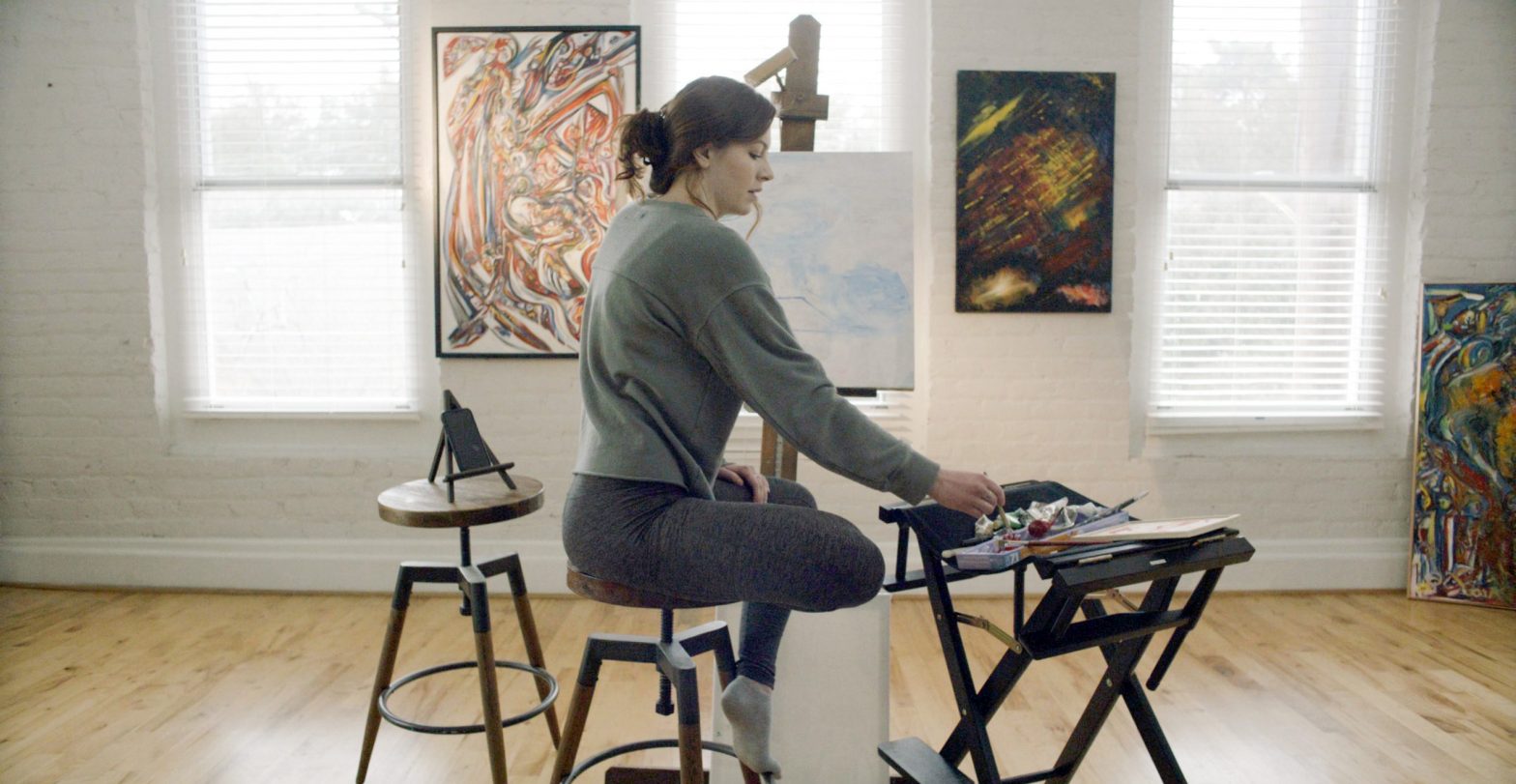Since 2019, local filmmaker Ty Cooper’ Indie Short Film Series has given aspiring Charlottesville filmmakers a valuable opportunity to showcase their work. “It’s a way for you to enter the business without having to spend a lot of money,” Cooper says.
Shorts are traditionally novice directors’ best way of making a name for themselves, but getting those shorts seen and spotlighted—especially theatrically—can be more grueling than making them.
Theater rentals are expensive, and patrons may shy away from paying 20 bucks to see just one short, so a series of screenings like Cooper’s gives hopeful directors an otherwise unaffordable venue. “They’re able to be seen without paying a whole bunch of money like I pay—I rent the theater for them,” Cooper says.
Cooper’s programs generally include six to eight titles, followed by panel discussions with several featured filmmakers, and his February 26 screenings will encompass many genres, including international shorts. “I don’t want the same type of film to show up within this block,” says Cooper. “It’s really based on what I feel is going to be different—what’s going to make the patron’s experience really good. I choose various genres—horror, drama, romance, whatever.”
Since 2015, Cooper has volunteered at the Sundance Film Festival, and he cherry-picks some of his material from it. This allows his audience to “truly see how good these local and regional filmmakers are, by comparison,” he says. And, as a promotion and outreach consultant for the Virginia Film Festival, he says he is always looking at films.
Many of the submissions come to Cooper through his website, indieshortfilmseries.com. He carefully curates his series, studying the content and technical qualities of the submitted films. “I’m looking at everything I possibly can, to say, ‘This will be an enjoyable experience for the patron,’” says Cooper, who observes both sides of the viewing experience to balance the patrons’ and filmmakers’ appreciation of the series.
Experiencing films in a real theater is also fundamental for Cooper. With streaming dominating the market, he elected not to go online, with either the series or his newest film, Amanda. And it paid off. The series opened in 2019 to “an amazing turnout,” and a February 29, 2020, screening of shorts was almost sold out. He says it was catching momentum and about to go monthly before the pandemic closed it down until late last year.
“I just don’t like the whole online festival type of experience,” he says. The communal theater setting was too critical, so he waited until things opened back up.
The Indie Short Film Series’ December 2021 revival was met with a packed house, and the series is scheduled to run monthly or bimonthly until 2023.
Cooper also aims to push Charlottesville as a key destination spot for filmmakers to visit, saying “It’s about building consistency and exposure for the town.” Some of the filmmakers Cooper brought in early on only knew of the city from the infamous August 12, 2017, incident. “They actually didn’t know where UVA was! Now, they know,” says Cooper.
On his post-screening panels, the gleam in the filmmakers’ eyes has been enormously satisfying for Cooper, and he shares their pride: “I see it in their eyes and I love it, because I provided the opportunity, that sense of empowerment for another creator. And I know where that creator is at, mentally: They want to get their stuff seen . . . They want people to judge it—get feedback.
“I know—I’ve been there, and I’m still there.”
Indie Short Film Series at Vinegar Hill Theatre
• The Accidental Grandson, director Paul Terzano
• Jack, the Town, and I, director Kendra Copeland
• Mappatura. AKA: the city as a musealized taxonomy of
human disappointments, director Niccolò Buttigliero Junior
• Apocalypse Notes (Music is in danger!), director Pierre Gaffié
• Elemental, director Eric Hurt
• Tongxiang (people from the same hometown), director Anna Ma




